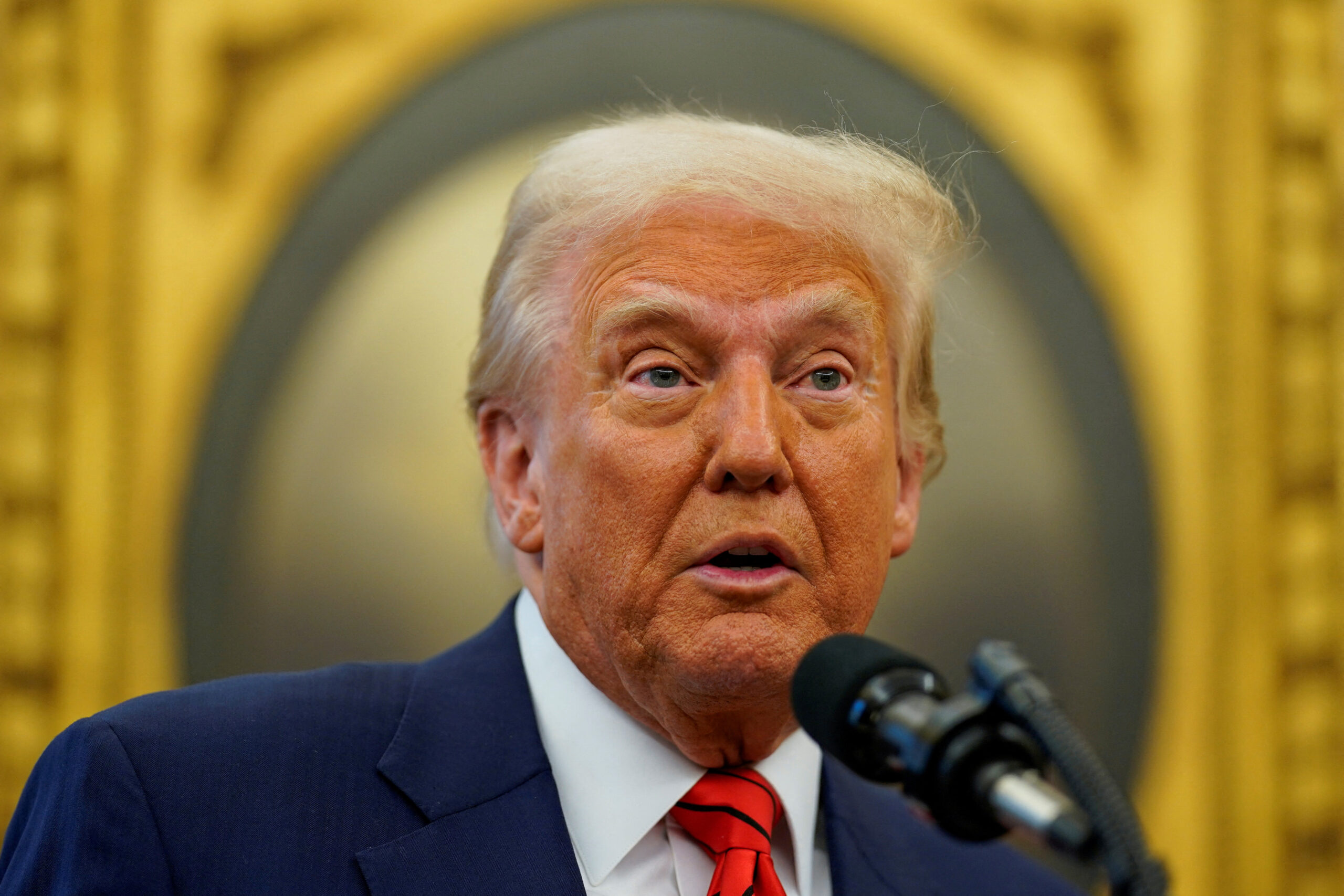Former federal prosecutor and National Review contributor Andrew McCarthy joined Chicago’s Morning Answer with Dan Proft and Amy Jacobson for a wide-ranging discussion on judicial impartiality, the rule of law in the Trump era, and the evolving legal battles surrounding immigration enforcement. McCarthy, known for his clear-eyed legal analysis, weighed in on recent court decisions, the limits of presidential power, and the political dynamics shaping the justice system.
A Culture Shift in the Judiciary
McCarthy opened by echoing recent concerns raised by Fifth Circuit Judge James Ho, who warned of the unchecked power of district court judges and their growing detachment from legal restraint. “It’s more dangerous now than it was 40 years ago,” McCarthy said. “Judges care less about getting it right and more about opposing all the right things—especially Trump.”
McCarthy noted a broader cultural change in the legal profession, where once judges feared reversal on appeal as a matter of professional embarrassment. Today, ideological posturing often takes precedence over sound legal reasoning, he said. “Progressive judges seem less concerned with precedent and more with performative rulings,” a trend he believes intensified during the Trump presidency.
Lawfare and the Supreme Court’s Credibility
The conversation turned to recent Supreme Court actions, including a controversial decision to temporarily block the deportation of certain migrants. Justice Samuel Alito dissented, questioning whether the Court even had jurisdiction to intervene.
McCarthy said Alito was correct on the technical points, but argued that the Court may have felt compelled to act because the Biden administration was not giving straight answers to lower courts. “They’re saying they won’t deport the named plaintiffs, but won’t commit to protecting the rest,” McCarthy explained. “That raises red flags.”
While acknowledging that courts should avoid overreach, McCarthy said the administration’s evasiveness created legal confusion. “Had the government simply said, ‘We won’t deport anyone until they’ve had the opportunity to file a habeas petition,’ I doubt the Court would’ve stepped in.”
Trump, Deportations, and the Alien Enemies Act
On the question of mass deportations, McCarthy noted that Trump is testing the limits of the Alien Enemies Act as a tool for removing migrants with ties to criminal groups like MS-13 and Tren de Aragua. While the law provides broad presidential authority in wartime, McCarthy cautioned against relying on it.
“Trump would be better off using existing laws on terrorism,” he said, referencing prior State Department designations of both gangs as terrorist organizations. “That would let him avoid litigating whether we’re in a war with Venezuela.”
McCarthy argued that Congress has already provided the executive branch with significant immigration powers. The challenge now is designing efficient procedures that allow for rapid removal of those who don’t qualify for asylum or other forms of relief.
The Brago García Case: “Facilitating” a Return?
The Supreme Court recently ruled that the administration must “facilitate” the return of Brago García, a Salvadoran national illegally deported despite legal protections dating back to 2019. McCarthy noted that García is not covered under a current U.S.-El Salvador repatriation agreement, which only applies to designated alien enemies.
That makes his return legally murky, McCarthy explained. “He’s in El Salvador under their law now. Unless the administration asks President Bukele to give him back, which they don’t want to do, it’s unclear what ‘facilitate’ actually means.”
McCarthy suggested that the administration’s reluctance stems from a desire to avoid setting a precedent where the judiciary can interfere with foreign policy—a longstanding constitutional gray area.
Congress and the Path Forward
While Trump presses ahead with promises to remove millions of undocumented immigrants, McCarthy said Congress still plays a critical role. Rather than seek additional authority, he believes Trump should work with lawmakers to streamline the removal process and limit abuse of asylum claims.
“We’ve made it too easy to gum up the works,” he said. “Invoking asylum, withholding of removal, or protection under the Convention Against Torture has become a routine script. Congress can legislate limits on these claims until we get immigration under control.”
McCarthy’s legal analysis offered a sobering look at the intersection of law and politics in an era of hyper-partisanship. With judges increasingly acting as policymakers and presidential powers being tested, the former prosecutor warned of long-term damage to the rule of law.
“The judiciary’s credibility is at risk,” he concluded. “And unless we recalibrate our institutions, we’re headed down a dangerous road—one paved by partisanship, not principle.”





